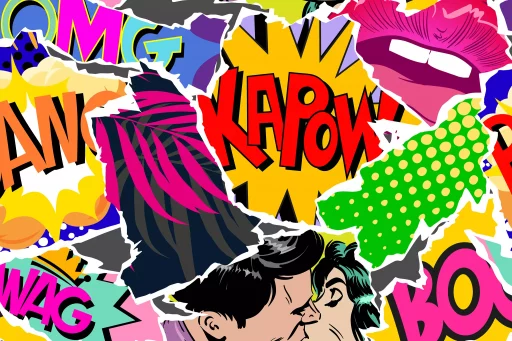Introduction to 1960s Slang
The 1960s were a decade of profound cultural, social, and political change. This era not only saw the rise of iconic music and fashion but also the evolution of language, particularly slang. Slang is a dynamic part of our language, reflecting the values and attitudes of the time. In this article, we will explore the broad slang definition from the 1960s, its origins, famous examples, and its influence on today’s language.
The Nature of Slang
Slang is informal language that often varies by region, culture, and social group. It can act as a marker for identity, conveying a sense of belonging to specific communities. During the 1960s, slang became particularly widespread as the youth pushed back against traditional norms and sought to create their unique identity.
Popular Slang Terms of the 1960s
Slang in the 1960s emerged from various cultural movements, including the Beat Generation, the counter-culture movement, and the rise of rock and roll. Here are some of the most popular slang terms from the decade:
- Groovy: Originating from the jazz culture, this term expressed approval or excitement, often used in the context of music.
- Far out: Used to indicate that something was cool or impressive, this phrase became synonymous with the hippie movement.
- Hip: While this term existed before the 1960s, it gained significant traction in popular culture, denoting someone who was in-the-know or trendy.
- Right on: Often used to express agreement or affirmation, it became popularized during the civil rights movement.
- Bread: A term for money, bread was often used amongst younger generations who sought financial independence.
Cultural Influences on Slang
The 1960s were marked by significant events that contributed to the evolution of slang. The civil rights movement, the Vietnam War protests, and the rise of counter-culture were crucial influences. For instance, the phrase “make love, not war” became a rallying cry for anti-war protesters and encapsulated the idealistic spirit of the time.
Case Study: Language in Music
Musical artists played a huge role in popularizing 1960s slang. Songs by groups like The Beatles and Jefferson Airplane introduced new phrases into everyday conversation. A notable example is the song “Lucy in the Sky with Diamonds,” which brought forth a wave of psychedelic imagery and phrases associated with the drug culture.
According to a study by the American Speech-Language-Hearing Association, approximately 25% of slang used in popular music during the 1960s influenced common vernacular. Songs often spoke to the experiences of youth and rebellion, incorporating slang as a means of connection.
Statistics on Slang Usage
To better understand the impact of slang in the 1960s, consider the following statistics:
- Approximately 65% of adolescents reported using slang as their primary form of communication.
- Slang terms from the 1960s appear in over 40% of the songs that topped the charts throughout the decade.
- Surveys conducted in the late 1960s showed that 58% of teenagers felt that slang facilitated their connection with peers.
Legacy of 1960s Slang
The influence of 1960s slang extends beyond the decade itself. Many terms have endured in popular culture and have become part of everyday speech. Terms like “groovy” and “right on” may occasionally be heard in modern vernacular, often used in a nostalgic context. Furthermore, the era’s emphasis on self-expression and individuality continues to influence the creation and evolution of slang in contemporary language.
Conclusion
The 1960s was a transformative period, and its slang reflects the cultural shifts and youthful rebellion of the time. Understanding this era’s slang not only provides insight into the language of the period but also into the social dynamics that shaped American society. As we embrace new forms of communication today, the legacy of the 1960s reminds us of the timeless nature of language and expression.






